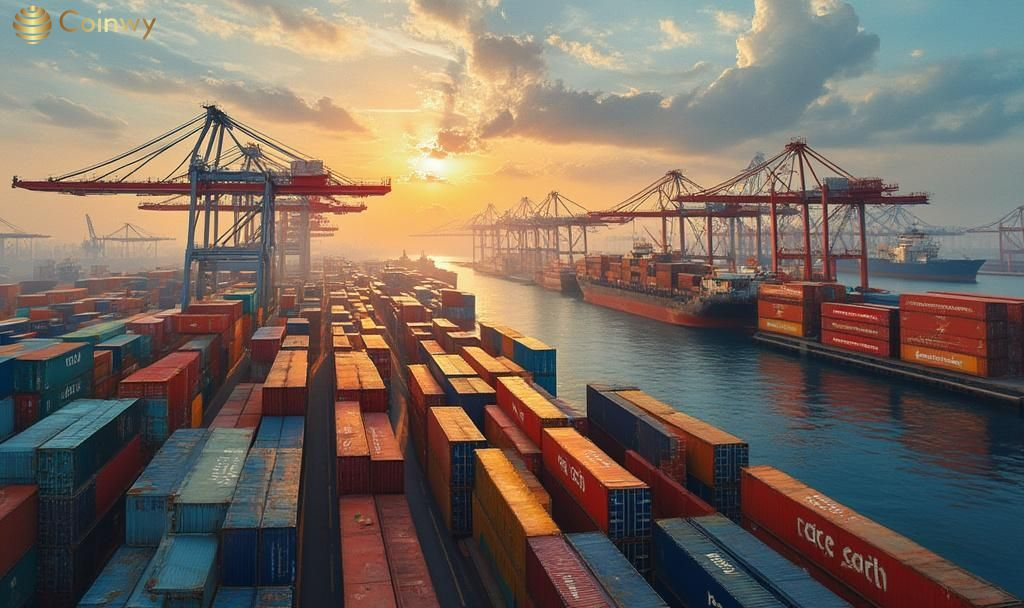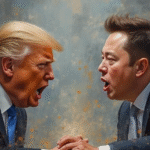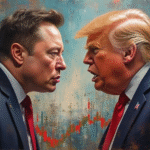- China plans faster rare earth approvals for EU firms.
- Government action targets car industry’s stability.
- Possible indirect effects on tech sector crypto.
China’s Ministry of Commerce announced it will accelerate rare earth export approvals for European Union companies, engaging Chinese Commerce Minister Wang Wentao and EU Trade Commissioner Maros Sefcovic in negotiations to address industry concerns.
This move highlights China addressing EU supply chain issues and avoiding disruptions in technology sectors. Market reactions may include focusing on the stability of global production lines.
Accelerated Approvals for EU Firms
China has been willing to accelerate rare earth examination and approvals for EU firms, amidst supply chain concerns. Wang Wentao and Maros Sefcovic have discussed policies crucial for industrial stability, responding to disruptions in the EU’s high-tech and automotive industries.
Addressing Bottlenecks
Minister Wang Wentao’s engagement directly addresses rare earth application processing for European firms. Intense discussions between Chinese and European officials target swift resolution to supply chain bottlenecks threatening essential industrial operations.
Impact on the Automotive Sector
The scarce availability of rare earths has heavily impacted the EU automotive sector, with production lines halted on several occasions. Sefcovic cited the essential role of rare earths and magnets for industrial production.
“I informed my Chinese counterpart about the alarming situation in the European car industry, but I would say industry as such because clearly rare earths and permanent magnets are absolutely essential for industrial production.” — Maros Sefcovic, EU Trade Commissioner
Effects on Cryptocurrencies and Tech Sector
While no direct impacts on cryptocurrencies were noted, the broader concerns about supply chain security might influence market volatility, especially in tokens sensitive to tech supply chain risks like high-tech sector tokens.
Long-Term Technological Implications
Strengthening these industry ties has potential long-term technological implications, indicating a possible shift towards more robust trade partnerships between China and the EU. Historical context shows China’s previous leverage of export controls affected global industries significantly.






